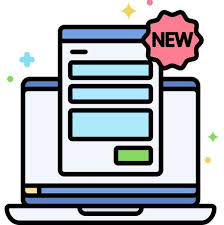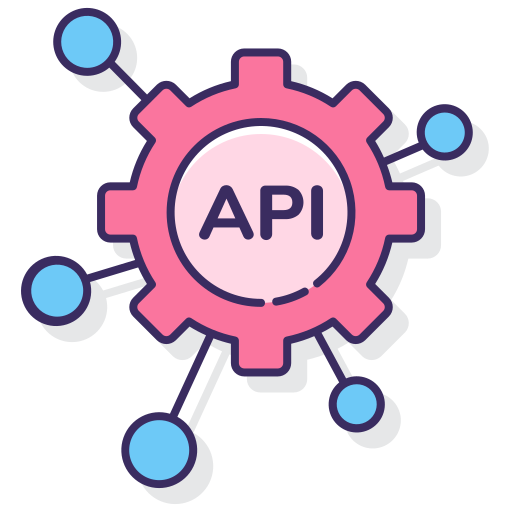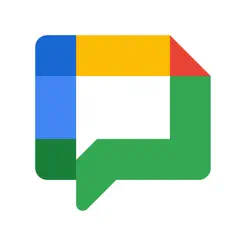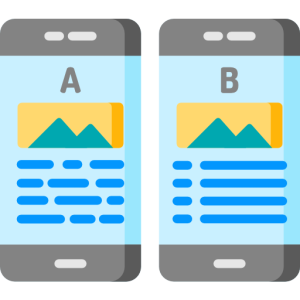Introduction
Google Messages and Google Chat are two distinct messaging platforms offered by Google, each catering to different communication needs. Understanding the differences between these apps can help users choose the right tool for their personal or professional requirements. This article explores the features, use cases, and advantages of both platforms.
Features and Functionality

Both Google Messages and Google Chat offer unique features designed to enhance user communication, but they serve different purposes.
- Google Messages:
- Google Messages is primarily designed for SMS and MMS communication, offering a simple interface for texting. It supports Rich Communication Services (RCS), allowing users to send messages over Wi-Fi and include multimedia content.
- By focusing on SMS and RCS, Google Messages provides a familiar and straightforward messaging experience. It is ideal for personal communication, enabling users to send texts, images, and videos easily. This simplicity makes it accessible for users who prefer traditional texting with enhanced capabilities.
- Google Chat:
- Google Chat is built for team collaboration and integrates seamlessly with Google Workspace. It offers advanced features like group chats, threaded conversations, and integrations with other Google services such as Drive and Calendar.
- By offering robust collaboration tools, Google Chat is suited for professional environments. It facilitates efficient teamwork by enabling real-time communication and project management. This functionality is crucial for businesses seeking to improve productivity and streamline workflows.
Use Cases

The primary use cases for Google Messages and Google Chat differ significantly, reflecting their intended audiences and functionalities.
- Google Messages:
- Google Messages is best suited for personal communication, providing a reliable platform for connecting with friends and family through texting. Its RCS capabilities enhance traditional SMS features, supporting modern communication needs.
- By focusing on personal use, Google Messages ensures that users can maintain seamless connections with their contacts. This focus is essential for individuals who rely on texting as their primary means of communication, offering reliability and ease of use without the need for additional apps.
- Google Chat:
- Google Chat is designed for professional use, catering to teams and organizations that require efficient communication tools. It supports collaboration through features like shared spaces, integrated task management, and direct access to Google Workspace applications.
- By targeting professional environments, Google Chat enhances team collaboration and project management. This focus is vital for businesses looking to optimize communication and integrate seamlessly with existing Google tools, providing a comprehensive solution for workplace productivity.
Integration and Compatibility

Integration capabilities play a crucial role in distinguishing Google Messages from Google Chat, impacting their effectiveness in different scenarios.
- Google Messages:
- Google Messages integrates with RCS to provide enhanced texting capabilities. It is compatible with most Android devices, allowing for a consistent messaging experience across platforms. However, it lacks deep integration with productivity tools.
- By focusing on RCS integration, Google Messages enhances traditional texting, making it suitable for users seeking an upgraded SMS experience. This compatibility is crucial for maintaining seamless communication across different devices without additional setup.
- Google Chat:
- Google Chat seamlessly integrates with Google Workspace, providing access to tools like Drive, Calendar, and Meet. This integration facilitates collaboration and enhances productivity by allowing users to manage workflows within a single platform.
- By offering comprehensive integration, Google Chat supports efficient teamwork and project management. This capability is essential for organizations looking to streamline operations and improve communication across teams, leveraging the full suite of Google tools.
Security and Privacy

Both Google Messages and Google Chat prioritize security and privacy, though their approaches differ based on their intended use.
- Google Messages:
- Google Messages uses end-to-end encryption for RCS chats, ensuring that messages remain private and secure. This feature is crucial for protecting personal conversations from unauthorized access.
- By prioritizing encryption, Google Messages provides a secure environment for personal communication. This focus on privacy is essential for users who value confidentiality in their daily interactions, offering peace of mind without compromising ease of use.
- Google Chat:
- Google Chat offers robust security features, including data encryption and compliance with industry standards, making it suitable for professional use. It ensures that organizational data remains secure and accessible only to authorized users.
- By adhering to strict security protocols, Google Chat protects sensitive business information. This commitment to security is vital for organizations that handle confidential data, ensuring compliance and maintaining trust within professional environments.
Conclusion
Google Messages and Google Chat serve distinct purposes, each offering unique features tailored to different communication needs. Google Messages excels in personal texting with enhanced SMS capabilities, while Google Chat provides advanced collaboration tools for professional use. By understanding these differences, users can choose the right platform to meet their specific requirements, ensuring effective and efficient communication.




